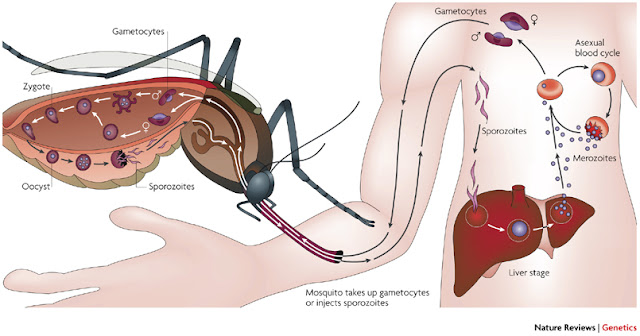
PATNA: Bihar, under the National Vector Borne Disease Control Programme, has recorded remarkable success in combating malaria, with no death occurring due to the disease in the state in 2011 and 2012 so far. In 2009, 22 deaths due to malaria were registered in the state, while in 2010 there was only one such case.
A multi-pronged approach involving early detection of malaria cases and prompt treatment, usage of Artemesinin Combination Therapy (ACT), community participation and proper monitoring and evaluation of the programme contributed to the decline in malaria cases. Bihar is also covered under the World Bank-supported $520.75 million project to contain malaria, polio and kala-azar in the country, named National Vector Borne Disease Control Support Project on Malaria Control and Kala-azar Elimination (2008-2013).
Principal secretary, health, Amarjeet Sinha said, "Earlier, malaria patients were administered chloroquine which was not adequate to treat patients. The National Vector Borne Disease Control Programme, in consultation with the National Institute of Malaria Research, decided to use a more powerful drug called ACT which proved effective in checking malaria. This change was prompted by new evidence suggesting growing resistance to chloroquine."
In 2009, the central government, under the new national malaria control policy, introduced adoption of Long Lasting Insecticide-treated Nets (LLINs) and involvement of community workers ASHA, who were trained in the use of Rapid Diagnostic Kits, and administration of ACT. However, LLIN is yet to be introduced in Bihar. "We have requested the Union government to allow us to use LLINs as this was the only way to check cerebral malaria," Sinha said. Under the World Bank-aided programme, the state receives drugs for malaria treatment.
Although Bihar is considered a low transmission state for malaria and not at risk of major outbreak of malaria, 22 deaths were reported in Munger district in 2009 due to cerebral malaria. Though, no death has been reported for the last nearly 16 months, much needs to be done to declare the state as malaria-free, Sinha admitted.
No comments:
Post a Comment